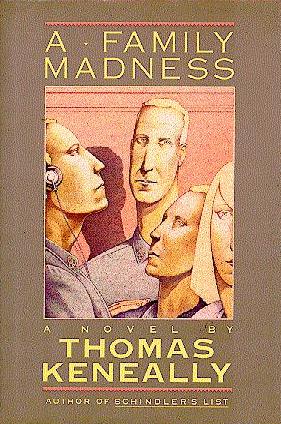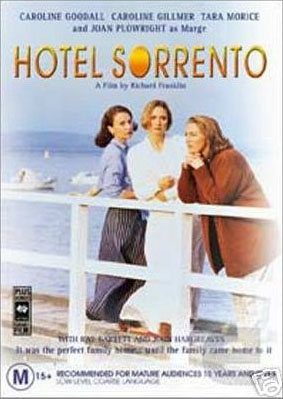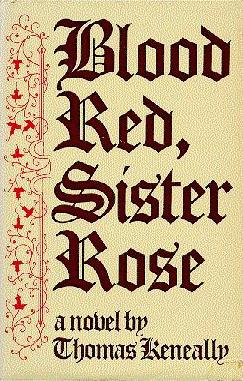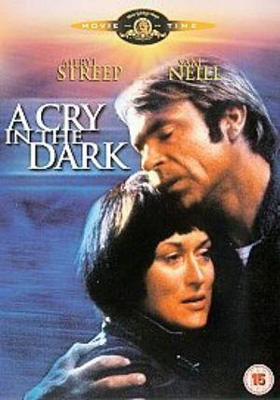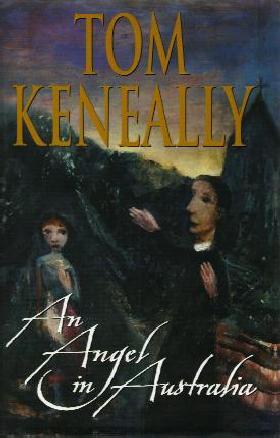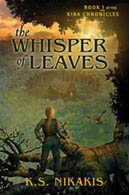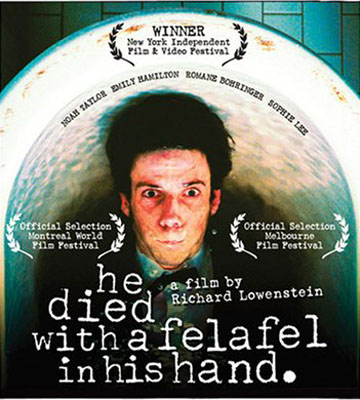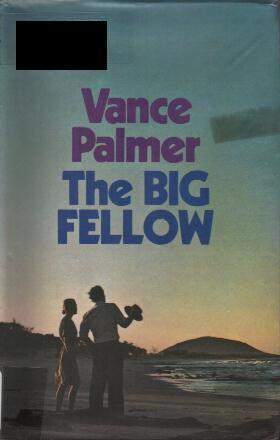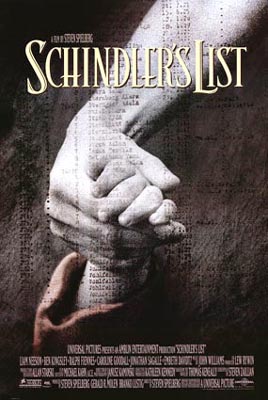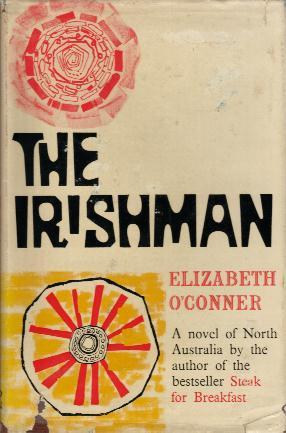More has been written about Adam Lindsay Gordon than any other Australian writer. Possibly it is because he was out first poet to be taken seriously. Maybe it was that he was a man of high temperament and an extraordinary mixture of qualities who went out of life by his own hand. Perhaps all these things, together, are responsible.
It is a habit now of many people to say that Gordon was really no poet, but a picturesque stringer of rhymes. No two critics ever quite agree, but the fact that Gordon's works are still read and are a remarkably live subject still suggests that many people can find poetry in his "loosely-strung rhymes." However, that can be left to the debaters.
It is fitting, at the moment, to write of Gordon as a pioneer of our literature.
Nobody can truthfully deny him this. His bust, unveiled yesterday, has been placed in Westminster Abbey among the other immortals of British life and letters. This act is a literary canonisation which all the acid of criticism cannot eat away. For evermore in public esteem both in Britain and Australia, Gordon is an Australian poet by national recognition. No Australian man of letters has been more effectively immortalised.
Even if the best in Gordon (and who will deny him splashes of genius) had not been quite so good, he might have lived by reason of his extraordinary character as a man. Eugenists in those days would say that he never had a chance. His father had all the reckless nature of the son. His mother early developed a distressing mental affliction, and from her he received his strong tendency to melancholia.
From an untameable boy with a head full of Latin and Greek verse, he grew to an untameable manhood. He was expelled from school and his questionable association later put an end to his career at the Woolwich Academy, where he was in training for the army. Apart from his fondness for Greek and Latin literature, he found his chief enjoyment in the company of pugilist and jockeys. He rode and fought and was happy.
Fortunately for us his biographers have never sought to cover up his faults. Perhaps that is why he has become so endeared to us as a man. "Poor Gordon," we say from the depths of our hearts. So unfortunate! So picturesque! So melancholy! So sweet a singer!
Policeman, horsebreaker, politician, livery stable keeper, steeplechase rider, poet. What a mixture! And he was half blind!
The one thing Gordon never lost faith in was horseflesh. In all his mad rides, he admitted he could never see beyond his horse's ears. What a sublime faith in his mount he must have possessed always! Perhaps he rode on the principle that what a man does not see he does not fear. And he rode well, if awkwardly.
He fell frequently. He would ride only in hurdles or steeplechases. Once when he fell during a race he got up, caught his mount, set up a stern chase, and then fell again, this time to be severely injured.
Gordon's "leap," at Mt Gambier, is traditional now. In travelling on horseback he never took the road, but steered his steed across country, taking the fences as they came. He was recklessness personified, a recklessness inspired by the fact the he cared little whether it killed him or not.
Possibly the happiest days of his life were spent as the guest of Mr John Riddoch, at Yallum, S.A., where there is an old gum still called "Gordon's Tree." Into this tree he would climb after breakfast and sit there writing long after the lunch hour.
But in the end he tired of racing. At first he neither bet nor rode for money. Toward the close of his life he did both, and was ashamed of himself for so doing.
He could have been sporting editor of a Melbourne newspaper, but it would have meant attendance at race meetings which he now loathed. He had come to a dead end. The batterings which head and body had received brought on insomnia. He became addicted to opiates. He drank more than was good for him, although most of his life he was abstemious. The melancholy strain in his family history took charge. Small wonder that early in the morning of June 24, 1870, he stole out of his home a Brighton with a rifle and ended his existence in a tea-tree scrub.
Gordon came here in 1853, when the gold fever was at its height, and life was rough. He did not seek gold. Arrived in South Australia, he enlisted in the police force, and was sent to Mt. Gambier. His passion was horses, and when that died, he died, too.
We owe him much, of course. Few people who care for poetry cannot quote a line of his. Some of his verse was jingle, but some was not, and anyway, no poet who ever lived maintained a high pitch of poetic fervour throughout. There is good and bad in all of them.
He is sometimes classed as an Englishman who wrote poetry in Australia. Does it matter? He wrote according to his time. Most of the population then was made up of Englishmen living in Australia.
What does matter is that he gave us Australians something to hang on to, something to keep and cherish. And we are keeping and cherishing it.
First published in The Herald, 12 May 1934
[Note: this was published on the editorial page with no by-line.]
